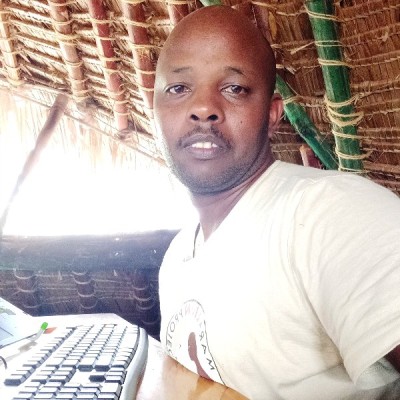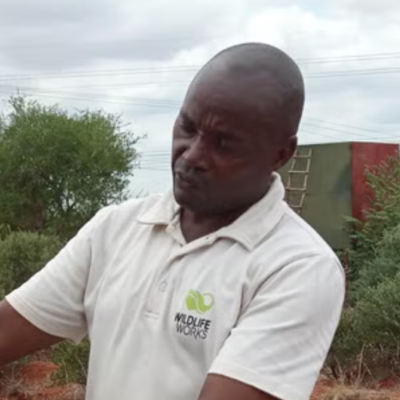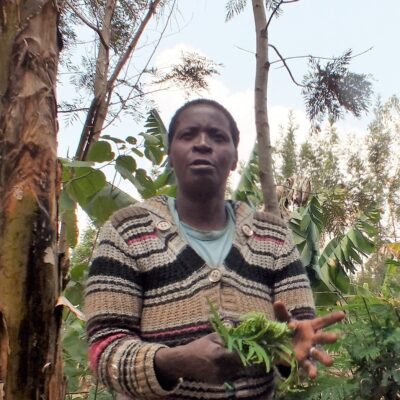Listeners:
Top listeners:
-
 play_arrow
play_arrow
117 | Surviving Survival Internatinal, Part 1: Kenyan Elders Call Foul on International Media, NGOs
-
 play_arrow
play_arrow
116 | From Ticking Time Bomb to Demographic Dividend: James Mwangi and Kenya's Great Carbon Valley
-
 play_arrow
play_arrow
115 | Unpacking Donald Trump's Very Weird Environmental Orders
-
 play_arrow
play_arrow
114 | Michael Greene: Carbon Cowboy or Lone Ranger? Part 1
-
 play_arrow
play_arrow
113 | The Future of Environmental Finance: Strategies for Biodiversity and Climate Solutions, with David Hill and George Kelly
-
 play_arrow
play_arrow
112 | Fantasy Football and Dynamic Baselines: New Tools for Impact Assessment
-
 play_arrow
play_arrow
111 | The False Dichotomy Between Reductions and Removals (Rerun)
-
 play_arrow
play_arrow
110| Ecological Economics, Systems Thinking, and the Limits to Growth
-
 play_arrow
play_arrow
109 | How Brazil's Quilombola Communities are Planting the Seeds of Sustainability for Small Farms Around the World, with Vasco van Roosmalen of ReSeed
-
 play_arrow
play_arrow
108 | The Washington Post’s Head Scratcher of a Carbon Story
- arrow_back Home
- keyboard_arrow_right Podcast
- keyboard_arrow_right REDD+ in Kenya
86 | The Race to Save the Cloud Forests of Kenya’s Chyulu Hills
Episode April 7, 2023
-
play_arrow
PLAY EPISODE
Transcript
A decade ago, the cloud forests of Kenya’s Chyulu Hills were on the brink of collapse, threatening water supplies for the Tsavo and Amboseli Plains — and for the coastal City of Mombasa, 250 kilometers away.
Then the Kenya Forestry and Wildlife Services teamed up with the Maasai Wilderness Conservation Trust, the Big Life Foundation, the Sheldrake Wildlife Trust, Conservation International, and, most importantly, grazing collectives, called “community group ranches” to launch the Chyulu Hills REDD+ Project — a thirty-year private-public partnership designed to save the hills by overhauling the rural economy.
First in a series focused on ecological restoration in southern and central Kenya.
Episodes
90| George Thumbi: Man of a Million Trees (5th Installment, “Carbon in Kenya”)
Biodiversity December 8, 2023
89 | How Agroforestry is Reshaping the Kenyan Countryside
August 9, 2023
88 | The Gospel of REDD+ According to Bees
May 25, 2023
087 | How Ending Deforestation Revived a Major River, Slowed Climate Change, and Saved Lives
May 1, 2023




